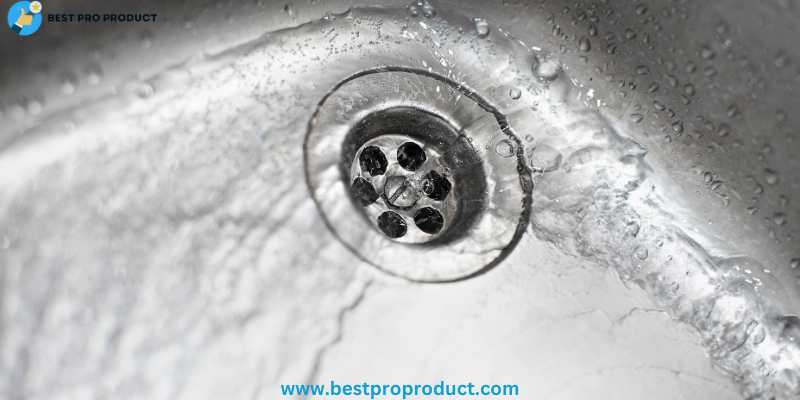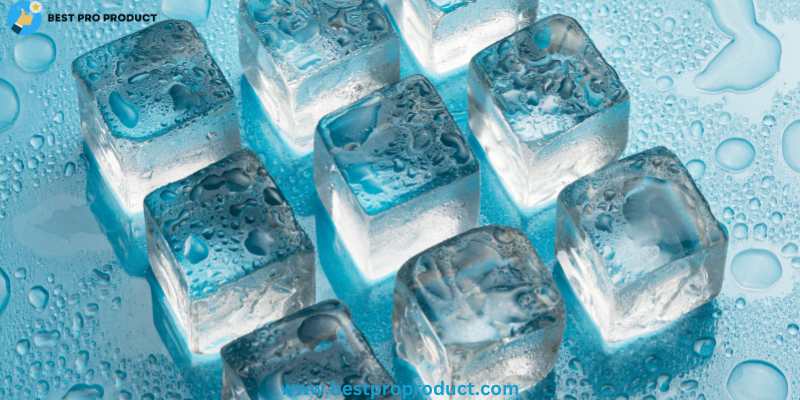I often think, Why Cold Water only with Disposals? Is this a thumb rule, or do garbage disposals perform well in the presence of cold water? I searched well-known sites to gather my knowledge regarding the unknown logic and came to a conclusion.
Using cold water is preferred over hot water because it poses more benefits to the garbage disposal’s healthy condition. You expect that hot water makes the garbage disposal germ-free, at the same time it is the cold water that provides the cooling effect to prevent motor overheating and eliminate foul smell.
The article covers the evergreen argument of why cold water has supremacy over hot water while running garbage disposals. In addition, you will learn when to flush cold water and for how long.
Why Cold Water only with Disposals?
Depending on which type of food waste you deal with, there is no restriction on using hot or cold water in the garbage disposal. But let me tell you one thing cold water is one step ahead of using warm or hot water. You better know the back story from the following mind-awakening points.
Prevent Motor Overheating
You have the notion that hot water contains cleansing properties to give your garbage disposal a cleaner look. But cold water does more than this and serves as the sliding agent for the blades and impellers.
Not only does cold water help eases the food waste flows down the drains smoothly but also provides a cooling effect to the continuously running motor. In this regard, the fear of its overheating and emitting smoke vanishes. On the other hand, expecting hot water to do this for garbage disposal is beyond imagination.
Eliminate Foul Smell
Do you think of a situation where you become tired of flushing hot water down the disposal chamber to get rid of grease, oils, and stuck particles, but it only liquefies and sticks to the disposal nooks? Plus, the stubborn accumulation has a foul odor.

Cold water is the answer to the problem and is available at your service. As you turn the water from the cold side tap, the pressure congeals the FOG, and this way carried to the drains after enough crushing. Moreover, it chops everything into bits and pieces and removes every trace of the food remnants. You never get to smell the nasty odors again.
Prevent Clogs
Flushing cold water ensures that clogs do not form in the garbage disposal from the start. The reason for this is that cold water is a slow absorber of food, like rice or pasta, and won’t let them expand rapidly. The result is the smooth routing to the main drainpipes without any interruption.

Why is it Bad to Use Hot Water in a Garbage Disposal?
Garbage disposal is not against the usage of hot or boiling water, but the matter of discussion is when to use it. You always need hot water to pour into the garbage disposals when the concern is melting the grease linings or freeing them from potential germs.

Moreover, do not imitate the practice weekly as it causes the chambers and blades to become less effective in many ways. Instead, pour hot water only once a month to get rid of the sticky masses.
Is it Safe to Put Ice in Garbage Disposal?
Since using cold water lies in one of the necessities lists of garbage disposal maintenance and adequate running, expect the same from the ice cubes. It does not mean you replace flushing water from ice cubes.

Instead, use a handful of them when you notice the signs of blades do not do well in food processing. Ice cubes are safe to sharpen garbage disposal blades. Also, you can pour them weekly or monthly to let the debris and stuck particles pass from the proficient churning phase and give you a cleaned machine as before.
Why does my disposal smell?
Garbage disposal smells bad when food particles especially those that are prone to decay stuck inside the drain or grinding chamber. The only quick action is the use of baking soda and vinegar to get rid of the smell and blockage.
Where does the water go in a garbage disposal?
Water has a route to follow after entering the garbage disposal. It eases the food to convert into smaller particles almost in the liquid state and then out of the disposer to the drainpipe. From there, water containing liquefied food particles mixes with the wastewater treatment plants or the septic tanks.
Over to You
Using cold or hot water does not harm the garbage disposal unless you combine it with adequate care. The article covers the primary reasons why cold water is appreciated for garbage disposal running. I have mentioned the statements with a little comparison against hot boiling water. Read the guide and decide for yourself to keep your machine in good working condition.
